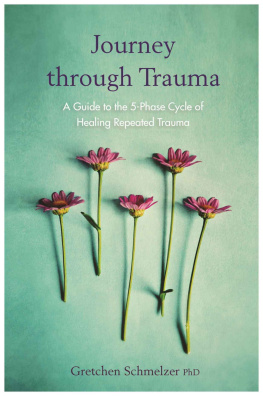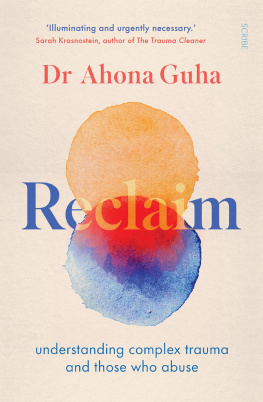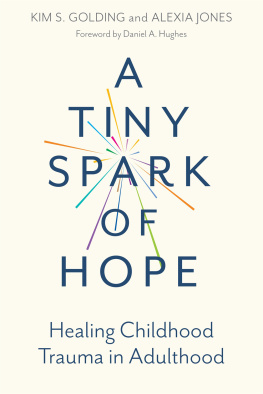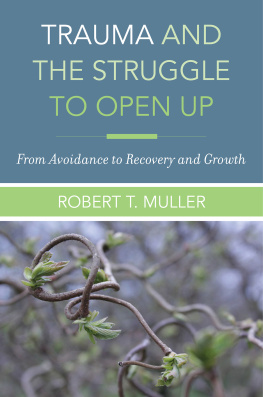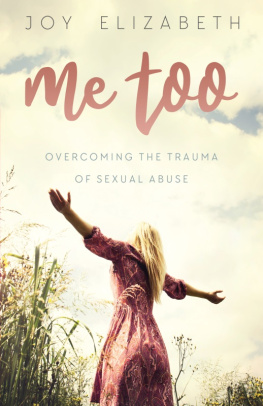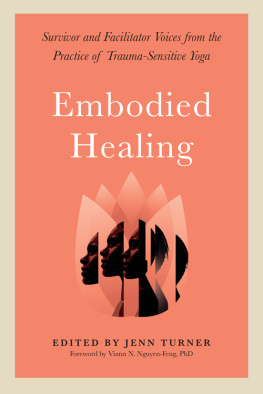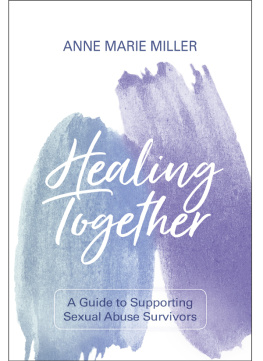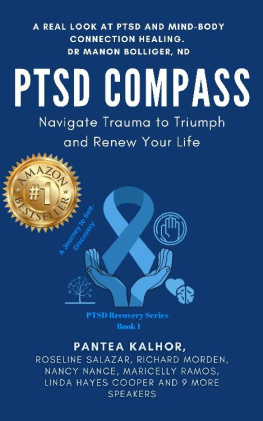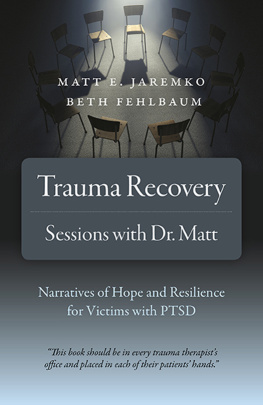First published and distributed in the United States of America by:
Avery, an imprint of Penguin Random House LLC, 375 Hudson Street, New York, New York 10014
First published and distributed in the United Kingdom by:
Hay House UK Ltd, Astley House, 33 Notting Hill Gate, London W11 3JQ
Tel: +44 (0)20 3675 2450; Fax: +44 (0)20 3675 2451; www.hayhouse.co.uk
Published and distributed in Australia by:
Hay House Australia Ltd, 18/36 Ralph St, Alexandria NSW 2015
Tel: (61) 2 9669 4299; Fax: (61) 2 9669 4144; www.hayhouse.com.au
Published and distributed in India by:
Hay House Publishers India, Muskaan Complex, Plot No.3, B-2,
Vasant Kunj, New Delhi 110 070
Tel: (91) 11 4176 1620; Fax: (91) 11 4176 1630; www.hayhouse.co.in
Copyright 2018 by Gretchen Schmelzer
The moral rights of the author have been asserted.
Book design by Meighan Cavanaugh
All rights reserved. No part of this book may be reproduced by any mechanical, photographic or electronic process, or in the form of a phonographic recording; nor may it be stored in a retrieval system, transmitted or otherwise be copied for public or private use, other than for fair use as brief quotations embodied in articles and reviews, without prior written permission of the publisher.
The information given in this book should not be treated as a substitute for professional medical advice; always consult a medical practitioner. Any use of information in this book is at the readers discretion and risk. Neither the author nor the publisher can be held responsible for any loss, claim or damage arising out of the use, or misuse, of the suggestions made, the failure to take medical advice or for any material on third party websites.
A catalogue record for this book is available from the British Library.
ISBN 978-1-78817-102-1 in print
ISBN 9781788171076 in ePub format
ISBN 978-1-788171083 in Kindle formats
for Gail
~ with gratitude for holding the other end of the rope
Authors Note
This book is meant to complement, not substitute for, the advice and recommendations of a treatment provider or support network. It should not be used as an alternative to appropriate medical or psychological care. Journey Through Trauma is considered a support and adjunct to ongoing treatment. You should always consult your own treatment providers about your health, diagnosis, and symptoms.
The names and identifying features of patients in this book have been changed to protect their privacy. In some cases, the patients are composites. The focus of clinical examples is on clarification of the issue being discussed.
A Note on Trauma
While this book is written specifically for people who have experienced repeated trauma, trauma that happens more than once, and often over months and years, I make no claim to define for you what trauma is or to diagnose your current state. My goal is to help you heal from the hurt that you experienced, dismantle the protections from trauma that are no longer serving you, and experience the growth and development you may have missed. In my work there have been plenty of people who would not have identified themselves as trauma survivors who have found this process of healing helpful: people who have endured physical illness or loss of a family memberor people who have lived under difficult stress for long stretches of time. If you identify as a trauma survivor and find this work helpful, that is fine. And if you dont identify as a trauma survivor and find this work helpful, that is fine too. The aim of this book is not to categorize or label how you were hurt. The goal of this book is to support your journey of healing toward health.
Contents
Invitation
Dear Reader,
There are so many things I want you to know. I want you to know that healing from trauma is possible. I want you to understand how being hurt, how living through trauma, how the difficult act of survival has affected you. I want you to know how all the things you did to survive and protect yourself have saved your life and how they may also now be robbing you of the life you could live. How they could be robbing you of your ability to do the work you want to do in the way you want to do it. How they could be robbing you of your important relationships with the people you love and who love you. And most especially robbing you of a relationship with yourself: of any kindness or compassion toward yourself. I want you to understand this because understanding how trauma has impacted you helps you know why the hard work of healing is worth it.
I want you to know that healing is possible regardless of how long it has taken you to get here. No matter when you come to healing, it is possible. I know that many of you think that it isnt. I know you believe that it is too late. But actually, its never too late. However old or young you are, healing is possible. Our brains are malleable and they continue to grow throughout our lives. The brains ability to grow is what allowed for our survival, and that same plasticity allows for our healing. It will take work. It will take help. It will take practice and persistence. It may involve tears, sadness, anger, and frustration. But it is possible.
I want you to understand how trauma workshow it impacts brains and bodies. I want you to understand the genius of our brains and bodies for survival. For getting us through. I want you to understand the mechanisms of trauma because understanding them will help you understand yourself, and will help you know what to expect in the process of healing. I want you to understand how trauma works so that when you catch yourself doing certain things, your attitude isnt mean or judgmentalbut instead you think to yourself: Of course, this is what I do. And then you have the ability to say: What else can I do? Understanding how it all works gives you a solid platform from which to grow and leap and try new things.
I want you to understand that all that turmoil that can happen inside you makes sense. You arent crazy. This is just what happens when you survive trauma. That doesnt mean that what you are feeling feels good, or how you are behaving is necessarily the best thing for you or is supporting your relationships. It means that what you are feeling and how you are acting makes sense in the context of surviving trauma.
I want you to understand that all trauma is not the same. It can look like it if you are trying to find information on the Internet. If you look up post-traumatic stress disorder (PTSD) you will find a list of symptoms and a set of recommendations. But it is not all the same. Just as physical trauma is not all the same. If you were run over by a car, there couldnt possibly be a standard protocol for your healing. It would entirely depend on how the car hit youdid it break your arm or leg? Cause a head injury? Internal bleeding? And psychological trauma is no different. Trauma is the very definition of something being utterly shattered. And what gets shattered differs for each person.
And I especially want you to understand what I call repeated trauma. This is the trauma that happens more than once. There is a big difference between the trauma that happens one time, like a car accident, and the trauma that gets repeated. If you are in a car accident, a whole host of responses are expected from any onetime trauma. When a traumatic event happens once, humans are generally spurred into action by their biologya huge release of adrenaline that makes you ready to fight, ready to act, and that sharpens your memory of the event so you can remember it clearly to protect yourself from it in the future.

